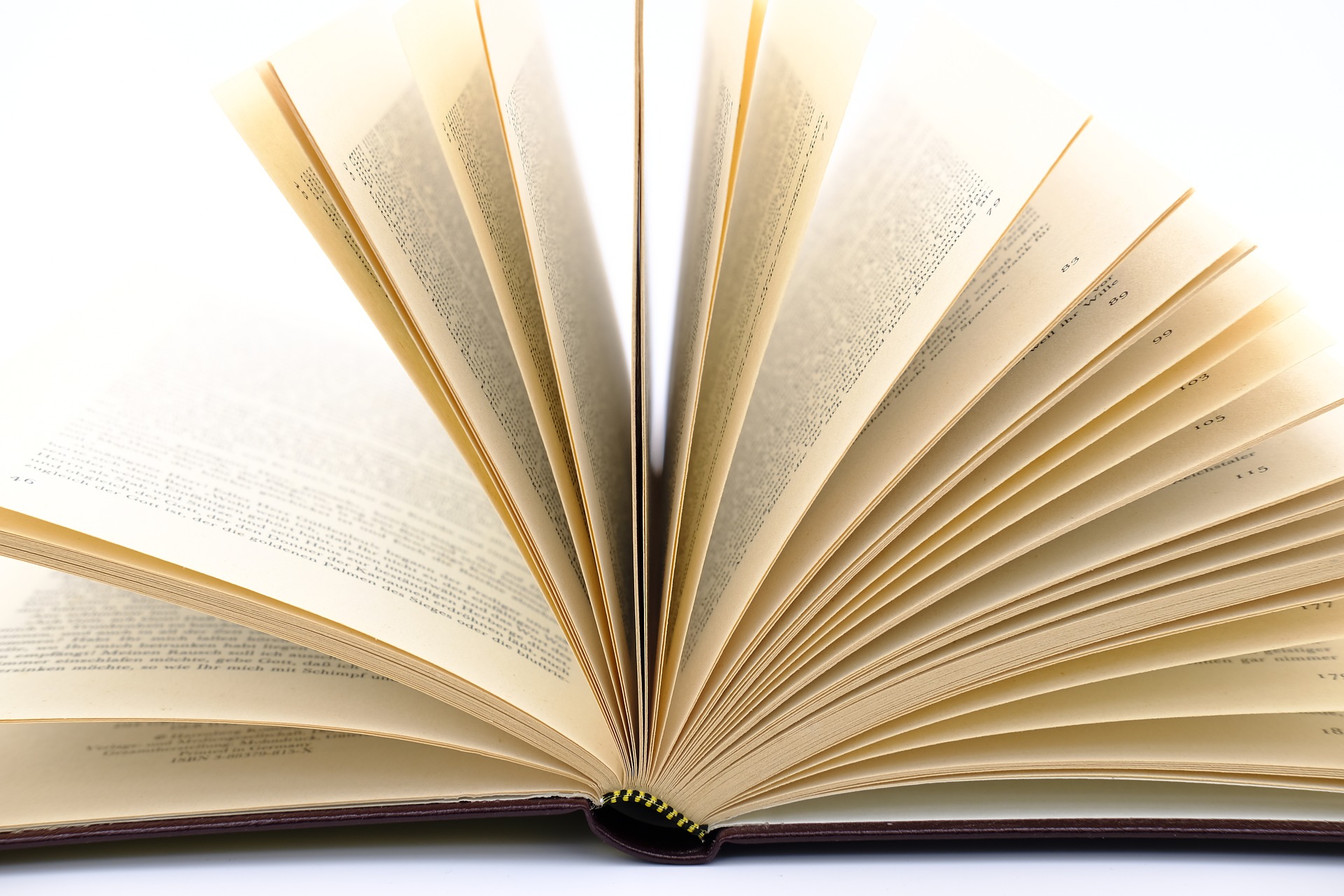Certified translations in Erlangen. Erlangen-Sworn Translation

TRADUSET offers general, specialised translations and certified translations.
Included in our range of specialised translations are legal, medical and technical translations. Our translators work only into their native language (English, French, Spanish, etc.), to guarantee you the best possible quality.
Do you need a sworn translation of your document to support an immigration, legal or academic application in Germany, or at a German Embassy?
Certified translations by sworn translators according to DIN EN ISO 17100
A sworn translation is different from a normal translation insofar as it is signed and sealed by a sworn translator and is therefore regarded as having official and formal status by the authorities. Sworn translations provided by us are accepted by the Standesamt (Civil Registry Office), Ausländerbehörde (Foreign Registration Office) and other German institutions, such as universities, local authorities and courts.
We translate and certify all official documents in Germany for organisations and private individuals, including: academic transcripts, marriage certificates, wedding certificates, birth certificates, degree certificates, police clearance certificates, divorce decrees, driving licences, passports, etc.
Translation offer
Please email us a (good quality) scan of the document(s). We respond to all queries within one day, usually within 24 hours. We will be happy to provide you with an offer free of charge and without obligation. We undertake to maintain strict confidentiality with regard to all enquiries and to the content of all translations. Special reduced rates apply to charitable organisations and students.
Certified translations /Beglaubigte Übersetzungen in Erlangen
Erlangen is a Middle Franconian city in Bavaria, Germany. It is the seat of the administrative district Erlangen-Höchstadt (former administrative district Erlangen), and with 113,758 inhabitants (as of 30 June 2019), it is the smallest of the eight major cities (“de: Großstadt“) in Bavaria.[3] The number of inhabitants exceeded the threshold of 100,000 in 1974, making Erlangen a major city according to the statistical definition officially used in Germany.
Together with Nuremberg, Fürth, and Schwabach, Erlangen forms one of the three metropoles in Bavaria. With the surrounding area, these cities form the European Metropolitan Region of Nuremberg, one of 11 metropolitan areas in Germany. The cities of Nuremberg, Fürth, and Erlangen also form a triangle on a map, which represents the heartland of the Nuremberg conurbation.
Sworn translators in: Augsburg, Bergisch Gladbach, Berlin, Bielefeld, Bochum, Bonn, Bottrop, Braunschweig, Bremen, Bremerhaven , Chemnitz, Cottbus, Darmstadt, Dortmund, Dresden, Duisburg, Düsseldorf, Erfurt, Erlangen, Essen, Frankfurt am Main, Freiburg im Breisgau, Fürth, Gelsenkirchen, Göttingen, Hagen, Halle (Saale), Hamburg, Hamm, Hannover, Heidelberg, Heilbronn, Herne, Hildesheim, Ingolstadt, Jena, Karlsruhe, Kassel, Kiel, Koblenz, Köln, Krefeld, Leipzig, Leverkusen, Lübeck, Ludwigshafen am Rhein, Magdeburg, Mainz, Mannheim, Moers, Mönchengladbach , Mülheim an der Ruhr, München, Münster, Neuss, Nürnberg, Oberhausen, Offenbach am Main, Oldenburg, Osnabrück, Paderborn, Pforzheim, Potsdam, Recklinghausen, Regensburg, Remscheid, Reutlingen, Rostock, Saarbrücken, Salzgitter, Siegen, Solingen, Stuttgart, Trier, Ulm, Wiesbaden, Wolfsburg, Wuppertal, Würzburg usw.
